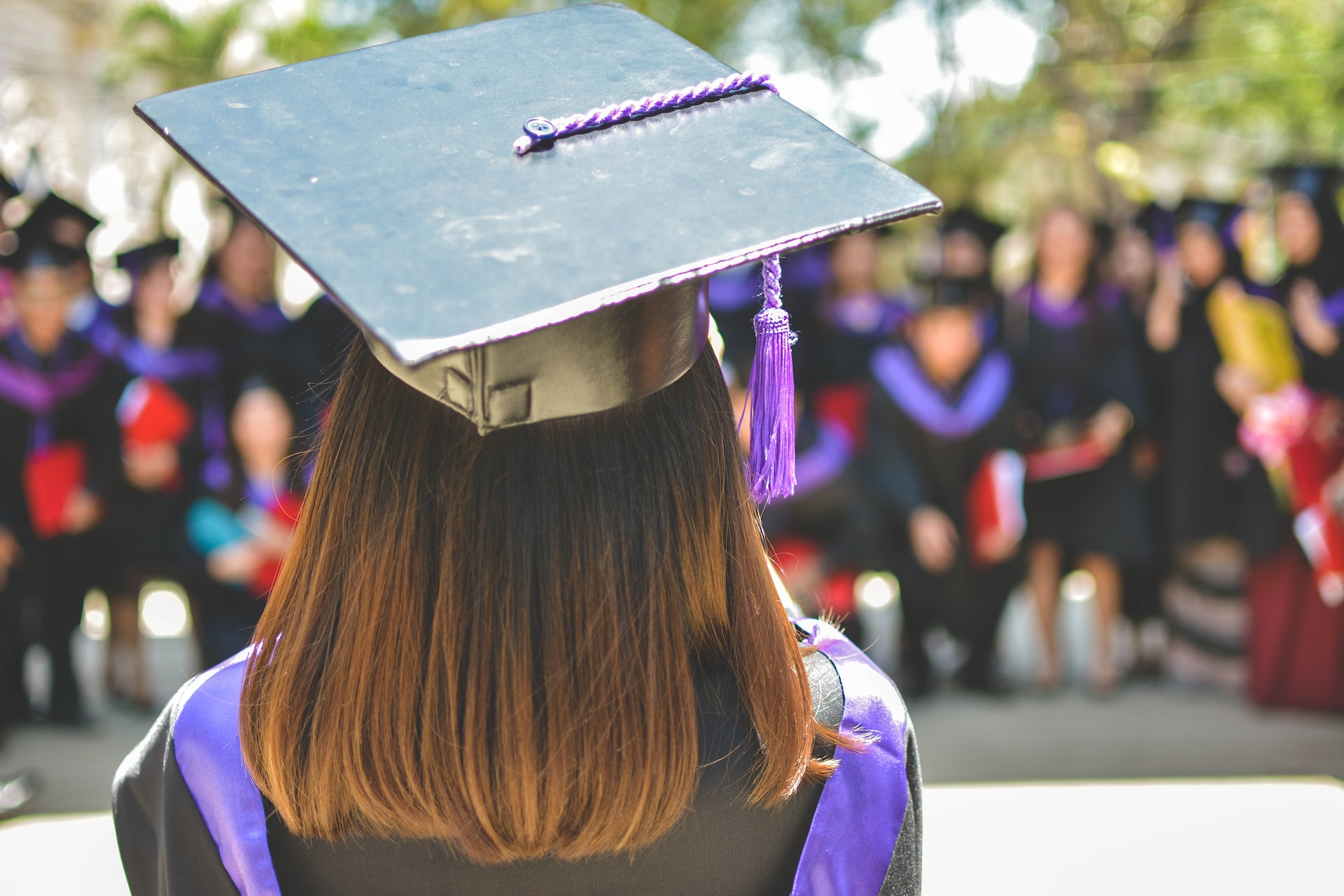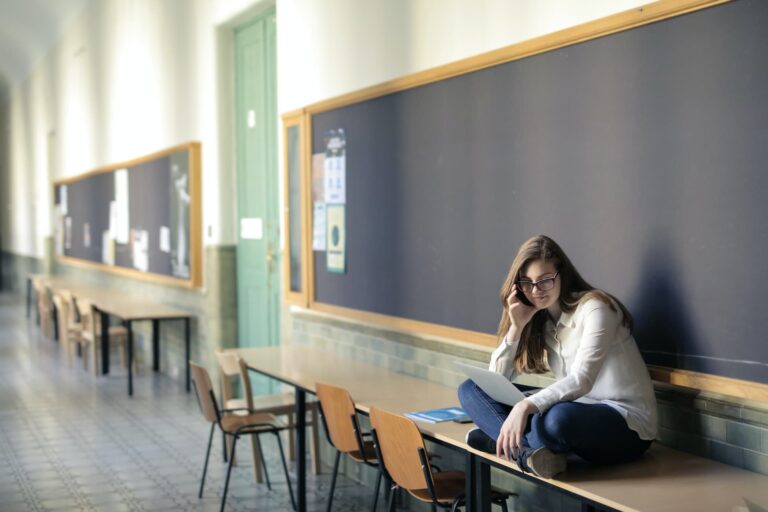Can Psychologists Work in Schools With a Bachelor of Arts in Psychology?
Many school districts and individual schools either directly hire or have consulting psychologists who work with students, helping them deal early in life with mental health issues. In this role, psychologists work within the education system, assessing and counseling students who experience behavioral problems, learning disabilities, and other issues.
Their work can range from aiding students in dealing with academic difficulties to working with students who experience anxiety or depression. They also may work with gifted children who often require a more challenging academic environment.
It’s yet another area of opportunity for those who seek a bachelor of arts in psychology.
Psychology Specializations
Some degree programs offer psychology majors the chance to concentrate in their area of interest. For example. Touro University Worldwide offers an online four-year bachelor of arts in psychology in which students can specialize in:
- Industrial/Organizational Psychology
- Elementary Education
- Secondary Education
- Special Education
- Human Services
- Child and Adolescent Psychology
The following provides an overview of opportunities in working directly with schools.
Do Schools Hire Psychologists?
Some schools hire psychologists to work directly for a school district or individual school. In other cases, a psychologist might get hired to consult as a counselor to students within a district or school.
The demand is high. Online job site Indeed reports thousands of jobs across the country for school psychologists. The U.S. Bureau of Labor Statistics (BLS) projects that nationwide, the number of jobs for psychologists – including school psychologists – will increase 14% by 2026.
Where Do School Psychologists Work?
Psychologists work for both public and private schools. They often collaborate with administrators, parents, teachers and other educational professionals to provide support for the students they counsel. School psychologists may also suggest ways to manage individual students in the classroom or offer parents techniques to work with their children.
The mental health issues school psychologists address cover a broad range. They include disorders that make it difficult for students to learn as well as developmental disorders. They also address chronic behavioral problems.
Psychologists will work up plans for individual students to address their issues. This often involves collaboration with parents and educators when it comes time to implement the plan.
Challenges at Different Levels of Education
While there is no “set in stone” list of challenges that psychologists face at different levels of education, the following are the areas where they work and some of the problems they might encounter.
Elementary Education. For these young students, psychologists attempt to identify and address issues at the early stages, before they worsen in the student’s teen years.
Secondary Education. Psychologists work with teenagers who are experiencing emotional issues, behavioral problems or academic difficulties. Issues can occur for a variety of reasons, including peer group pressure, the stress of preparing for the transition to college and a host of social issues involved with high school age students.
Special Education. Psychologists work directly with students who have been diagnosed with developmental or learning disabilities.
Working for a school offers psychologists an opportunity to have a profound impact on a young person’s life. Addressing mental health issues at a young age can make a difference in what happens to them in their adult years. For psychologists interested in working with young patients, a position as a school psychologist can help them achieve their goal, and a bachelor of arts in psychology is the first step.







